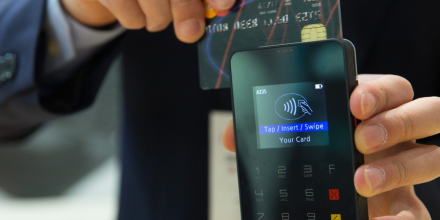Determinants of mobile banking adoption and transactions in Indian banks

Event details
PhD Seminar (Econ)
Date & time
Venue
Speaker
Contacts
This research looks at the determinants of mobile banking transactions and adoption by Indian banks from 2013 to 2019. Due to the panel nature of the data, the Heckman Selection model for panel data with random effects was applied. This research con- tributes to the literature by using mobile banking transactions’ volume and value to represent mobile banking use and adoption. Based on the results, bank-specific factors such as bank size, branch density, return on assets, number of states with branches, and wage bill over total assets; and market-specific factors, specifically the per capita income, are important determinants of the mobile banking transactions both in terms of volume and value. The important determinants for adopting mobile banking are bank size, return on assets, number of states with branches, bank type (private banks), and bank age. Results suggest that larger, older banks, those with a larger number of branches, and those with greater geographical reach have more likelihood of adopting mobile banking than their counterparts.
Updated: 1 September 2024/Responsible Officer: Crawford Engagement/Page Contact: CAP Web Team






